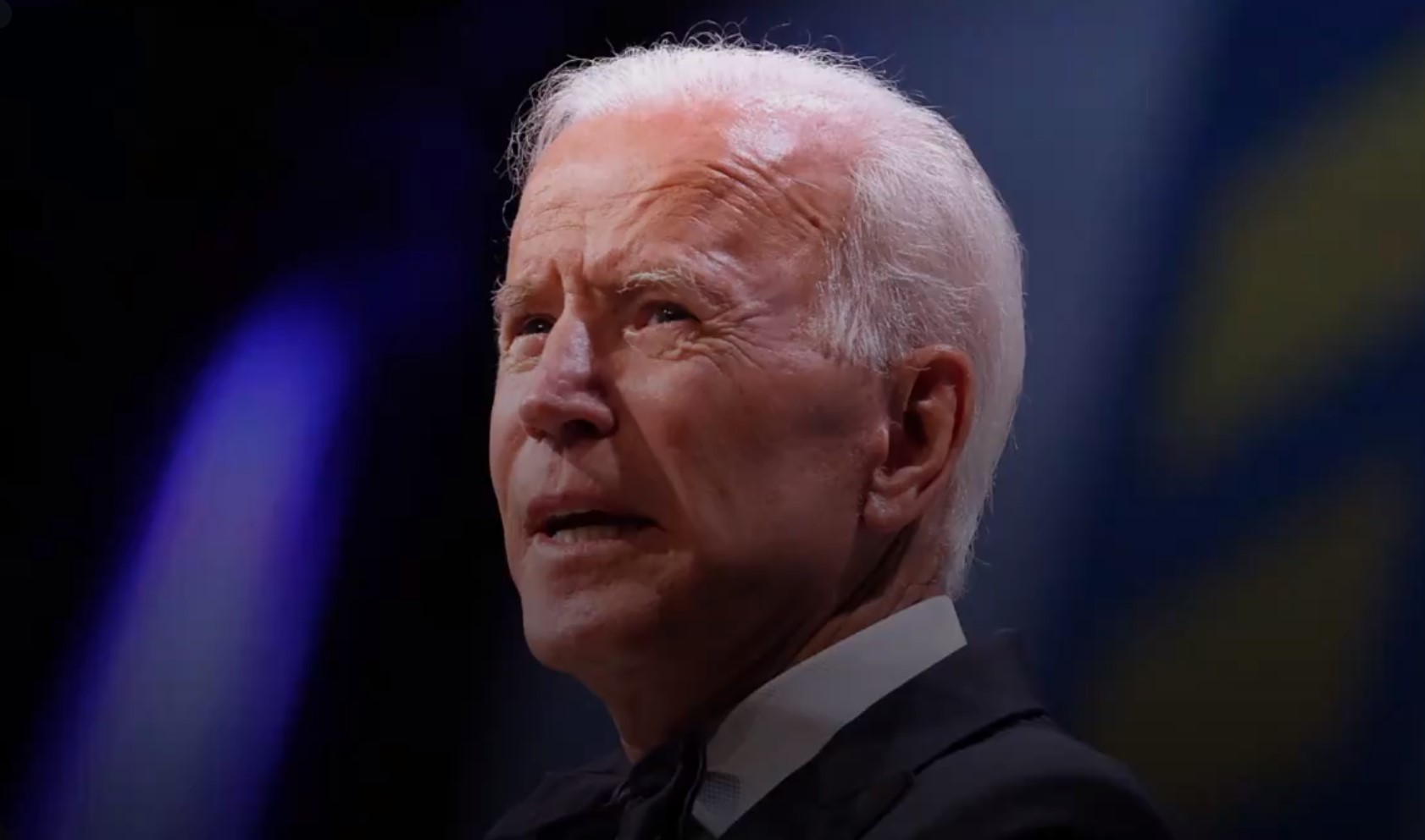In a development that has reignited debates over transparency and accountability in the highest echelons of government, Joe Biden’s ghostwriter, Mark Zwonitzer, has admitted to deleting numerous audio recordings of interviews with the President. This admission comes amidst an ongoing special counsel investigation into Biden’s handling of classified documents during his tenure as vice president.
Zwonitzer, an established writer and documentary filmmaker, revealed this startling information to the Federal Bureau of Investigation (FBI). According to transcripts reviewed by The National Pulse, Zwonitzer deleted these records partly due to the pressure from the special counsel probe led by Robert Hur. The investigation was initiated to scrutinize allegations that Biden had improperly handled and unlawfully retained classified documents, with some of these sensitive materials purportedly shared with Zwonitzer.
During his FBI interview, Zwonitzer initially evaded direct answers but later conceded that the special counsel’s investigation influenced his decision to purge several years’ worth of audio records. “I’m not going to say how much of the percentage it was of my motivation,” Zwonitzer stated, acknowledging that the probe had a significant impact on his actions.
The timing of the deletions has raised eyebrows and questions about possible obstruction of justice. An FBI agent confronted Zwonitzer, pointing out the suspicious nature of his actions: “The outside observer is going to look at this and say ‘Mark Zwonitzer, President Biden’s friend, ghostwriter, collaborator learned of the special counsel’s investigation, saw this happening, and then deleted all these audio recordings.’” Zwonitzer’s tacit admission only amplifies the narrative of a deliberate cover-up.
Despite these revelations, Special Counsel Hur ultimately decided not to charge Zwonitzer with obstruction of justice. Hur, a former U.S. attorney appointed during the Trump administration, emphasized that although Zwonitzer’s actions were questionable, they did not meet the threshold for criminal charges.
This incident has profound political implications. It underscores the vulnerabilities within the Biden administration concerning transparency and legal compliance. Moreover, the fact that Special Counsel Hur recommended no criminal charges against Biden, describing him as a “well-meaning, elderly man with a poor memory,” has sparked contentious debates about the standards for prosecuting public officials.
The investigation’s findings have done little to quell the controversy surrounding Biden’s cognitive abilities and the apparent leniency in legal proceedings compared to other high-profile cases, notably those involving former President Donald Trump. Republicans argue that Biden’s actions pose significant national security risks, while Democrats highlight the perceived discrepancies in the treatment of Biden’s case versus Trump’s, which resulted in an indictment.
As Hur testified before Congress, he defended the thoroughness of his investigation and its conclusions, asserting that there was insufficient evidence to press charges against Biden. However, his testimony has done little to dampen the political firestorm, with both sides of the aisle vigorously debating the implications of Biden’s actions and the overall integrity of the investigative process.


Leave a Comment